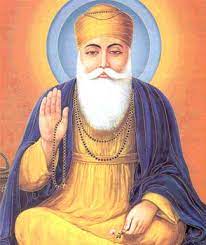Explore the essence of Akal Murati, the 'timeless image' in Sikhism, symbolizing Divine Reality beyond time and space, yet present in cosmic forms.
Discover the meaning of Akal Purakh, the Eternal Creator, in Sikhism's rich literature and its theological significance.












